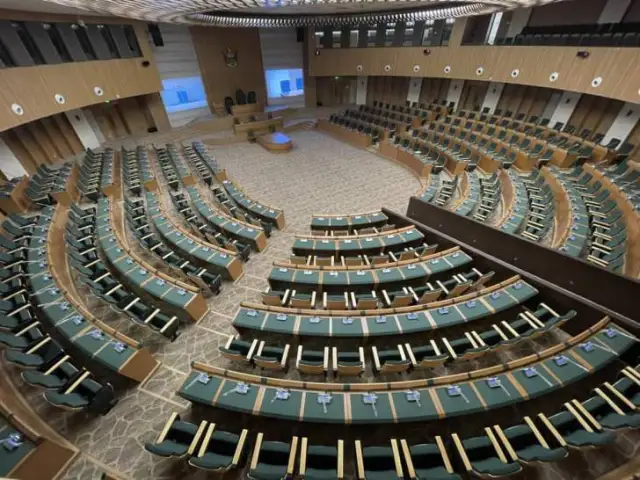Zimbabweans in South Africa are pressing for representation in Parliament, arguing that their numbers warrant consideration.
This call comes as the Zimbabwean government reviews the 2016 National Diaspora Policy.
The Zimbabwean consulate in South Africa has issued a public notice for a final call for Zimbabweans in South Africa and the Diaspora to submit their input by May 17, 2024.
The review of the 2016 National Diaspora Policy is scheduled to begin during the week of June 17 to 21, 2024.
In an interview with CITE, the Chairperson of the Zimbabwe Community in South Africa, Ngqabutho Nicholas Mabhena, said the organisation had already made its submissions and requested parliamentary representation.
“Last year or the year before, we made our submissions towards the National Diaspora Policy and asked for parliamentary representation,” he said.
“Given the number of Zimbabweans in South Africa who contribute to the economy in Zimbabwe through remittances and purchasing building materials, which boosts the construction industry and creates employment, we said there is no proper linkage between the diaspora community and Zimbabwe at a legislative level.”
According to Mabhena, people in the Diaspora must be personally represented since the embassy or ambassador represents the president of the home country in the host country.
“Therefore, with a huge population of Zimbabweans in South Africa, we felt there is a need to have one of them sitting in the National Assembly as a diaspora MP,” he said, explaining that such a move would assist Zimbabweans based abroad.
“Having legislative representation will enable Zimbabweans in the diaspora to contribute through their representative in Parliament regarding legislative discussions.”
Mabhena noted that several bills go through Parliament that affect the Diaspora community, particularly in areas such as trade and imports.
“Measures on trade or imports affect the Diaspora community because we import goods from South Africa to Zimbabwe. We felt there is a need for the Diaspora to be represented in Parliament,” Mabhena said.
He added that if the government can allocate quota seats for women and youth, “surely they can do so for its citizens based abroad.”
“We said if you have a quota for women and youth in Zimbabwean Parliament, it is also possible to have the Diasporans elect one of their own to represent them in the National Assembly,” Mabhena said.
“While we recognise the embassy and the consulate, these arms at a legislative level don’t represent the Diaspora because the embassy represents the president.”
Meanwhile, on May 15, 2024, the Zimbabwean Consulate in South Africa urged Zimbabweans based there to quickly submit their inputs for the review of the 2016 National Diaspora Policy as this was their final call.
The Consulate stated that the Ministry of Foreign Affairs and International Trade is spearheading the review of the 2016 National Diaspora Policy, scheduled to commence during the week of June 17 to 21, 2024.
“As special citizens whose interests in national development initiatives are the main focus of the review, the Diaspora is invited to submit input into the review of the policy. In recognition of the importance of adopting an all-stakeholders approach in revising the diaspora policy, your input to the Policy Review Process would be greatly appreciated,” said Acting Consular General Chengetai Murahwa.
The Acting Consular General encouraged all members of the Zimbabwe Diaspora community who have not yet submitted their input towards the 2016 National Diaspora Policy review to participate in the consultative process.
“All submissions are to be sent to the following email addresses: diaspora.zimfa@gmail.com, tradediaspora@gmail.com, bildias2023@gmail.com, admin@zimbabweconsulate.co.za, and trade@zimbabweconsulate.co.za no later than Friday, May 17, 2024,” Murahwa said.

